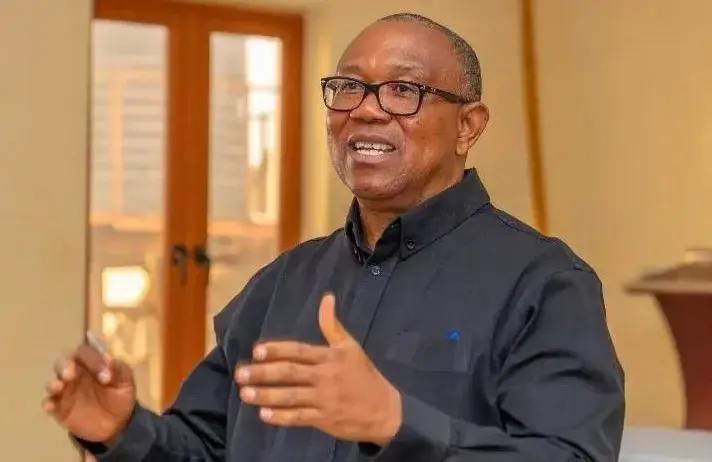In a remarkable display of journalistic excellence, Muhammad Sabiu, the esteemed Northern Bureau Chief (NBC) of the Nigerian Tribune, was bestowed with the prestigious 2022 Best Journalist Award by Authentic News Daily.
The ceremony, held in Kaduna, marked a celebration of his dedication to objective reporting and prompt news delivery.
Amid an era fraught with misinformation and fake news, Jacob Onjewu Dickson, the Publisher and Managing Editor of Authentic News Daily, recognised Muhammad Sabiu for his exceptional contributions to the field of journalism.
Sabiu’s reports stood out for their promptness and unwavering commitment to objectivity.
Such attributes are increasingly rare in the current media landscape, making this accolade all the more significant.
Sekyen Dadik, the Executive Director of the Africa Media Development Foundation (AMDF), lauded Sabiu’s achievements during the award presentation in Kaduna.
Dadik not only congratulated the award recipient but also encouraged him to continue his tireless efforts.
The hope is that Sabiu’s wealth of experience and knowledge will inspire and benefit the next generation of budding journalists.
Upon being presented with this esteemed award, Muhammad Sabiu expressed his heartfelt gratitude, underlining the unique value of receiving an award he had not actively sought.
He had a piece of advice for aspiring journalists, stating, “Always put in your best in whatever you are doing because someone, somewhere is noticing you.
I thank the management of Authentic News Daily for believing in me.”
Sabiu shared an intriguing anecdote about how he learned of his award. He revealed, “In fact, even when I emerged the winner, the publisher did not inform me.
Nobody informed me. How I got to know about the award was when I was lying on my bed browsing, and I came across a press statement announcing the list of winners.
Those of us in Kaduna are familiar with the annual event. Behold, I saw my name.
I looked at the list again and saw that it was me sharing the award with Bode Olagoke from the Blueprint Newspaper.”
The humble and dedicated journalist dedicated this prestigious accolade to the Nigerian Tribune, the platform that had nurtured and supported his journey to excellence.
Sabiu expressed his gratitude, stating, “Tribune gave me the opportunity to express myself. Moreover, out of the three decades that I have spent as a reporter, I spent twenty-three of those years with Tribune.
Therefore, I dedicate this award to this great institution (Tribune).”











